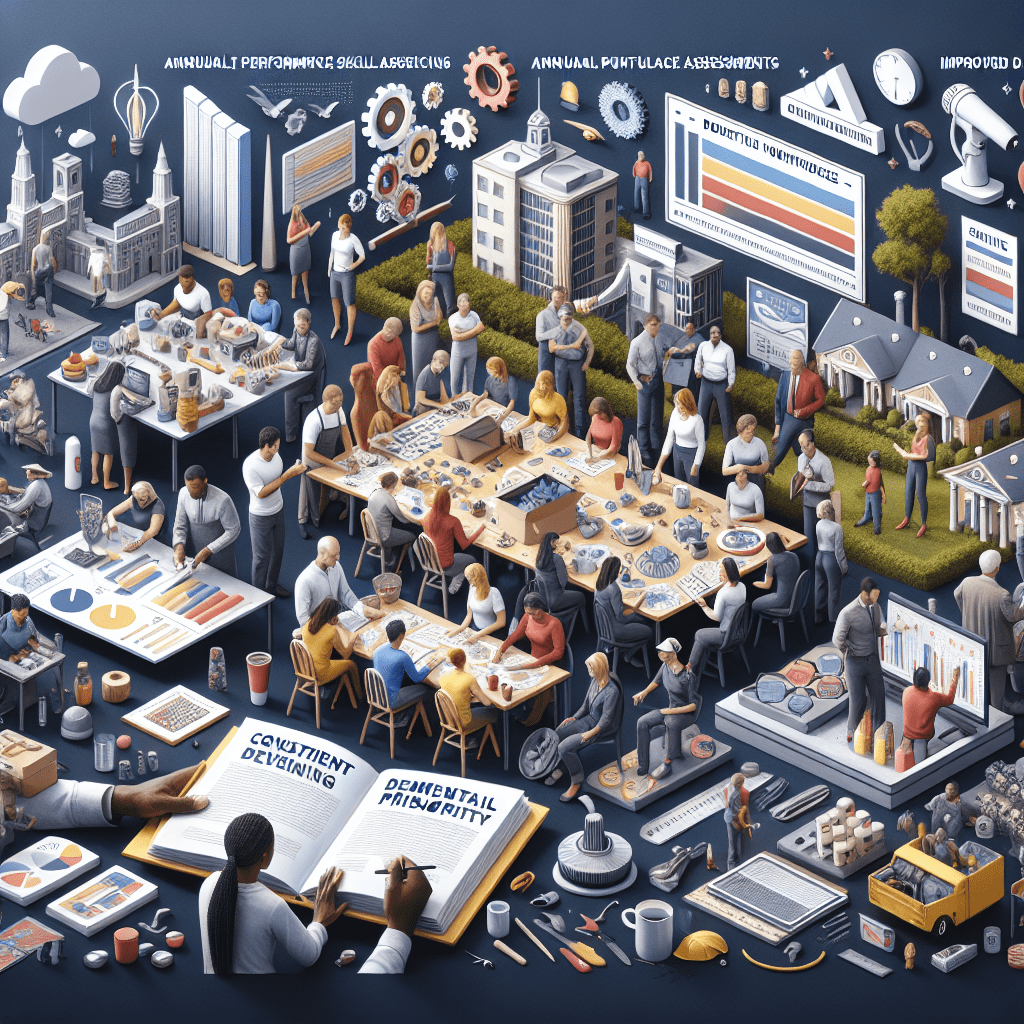
Transforming Workforce Training: The Future of Skills Development in the UK

The UK’s Skills Development Landscape is Set for a Revolution
Do you smell that? Change is in the air, and it smells like opportunity. With Pat McFadden taking the reins as the new Secretary of State for Work and Pensions, we are on the brink of a major transformation in the UK’s skills development landscape. This isn’t just another government reshuffle; it’s a pivotal moment that could change how we train our workforce for good.
What’s Happening with Skills Development?
As a nation, we face a skills gap that threatens our economy. And while that might sound daunting, it’s also an incredible opportunity for growth and reinvention. McFadden’s new department is bringing skills training under one umbrella, which means a unified strategy is on the horizon. If we align training with actual job market demands, everyone wins.
When skills development is intertwined with employment needs, we create more meaningful pathways for people to succeed. Think about it—less confusion, more clarity. How often have you heard someone say they learned something in college, only to discover that it didn’t translate into a job? That’s precisely what we’re aiming to change.
What Can We Expect?
Here’s what you can look forward to with this transition:
- A Unified Strategy: Training won’t exist in a vacuum anymore. Expect better alignment between skills training and job market needs. This means employers will have access to a pool of candidates who are actually qualified for the jobs they need to fill.
- Vocational Training on the Rise: Increased investment in vocational training is coming. With the demands of our evolving economy, we can’t rely solely on traditional academic pathways. We need skilled workers who are ready to jump into the job market—trained and eager.
- Better Collaboration: There will be greater collaboration between educational institutions and industries. This symbiosis can finally help bridge that pesky skills gap that has been the bane of our economy.
These changes signal a shift from the old ways of learning to a new approach that’s exciting, pragmatic, and essential for the UK’s future.
How Does This Affect You?
So, you might be wondering: what does all this mean for you and your team? Well, for one, if you’re in business, the opportunity is ripe for the picking. A more skilled workforce means efficiency, innovation, and growth. If we’re investing in the right training, your employees will not only stay ahead of the curve but might surprise you with their creativity and adaptability.
As someone who’s been in the workforce development space for years, I can tell you that these shifts resonate deeply. I have always believed in the power of connecting learning to real-world application. In my early days, I remember fretting over what skills I needed to stay relevant. Had I only known then that these practical changes were possible! It’s like finally realising the compass was always pointing due north; you just needed to know which direction to follow.
Why Should You Care?
Now is the time for reflection. Ask yourself: how do you think this shift can benefit your team and the industry in which you work? Are you open to new training methods or collaborations? By embracing this change, you could play a part in shaping a more resilient workforce.
At City Skills, we’re excited to see how this newfound direction unfolds. The possibilities are endless, and we’re keen to contribute to building a robust skills ecosystem that works for everyone.
Join the conversation! What are your thoughts on this monumental shift in skills development? How can we all work together to make sure this opportunity is maximised? Share your insights in the comments.
Let’s grab a coffee and talk about how we can all benefit from this evolution in skills training and workforce development.
#Skills #CitySkills #WorkforceDevelopment





